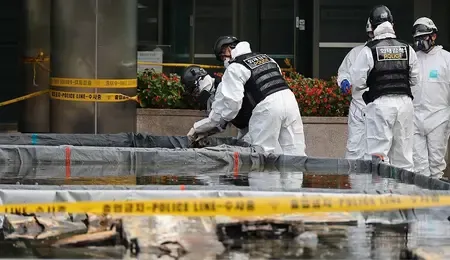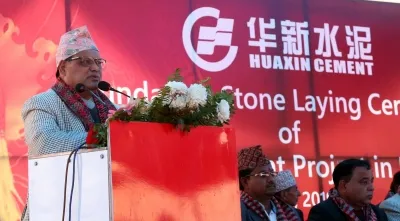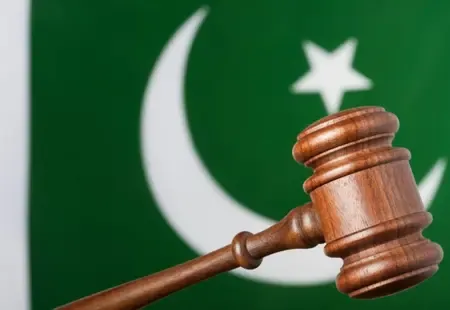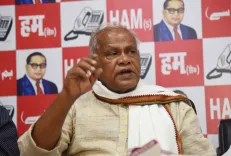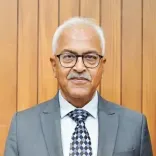Pezeshkian: US 'Maximum Pressure' Strategy Erodes Negotiation Prospects with Iran
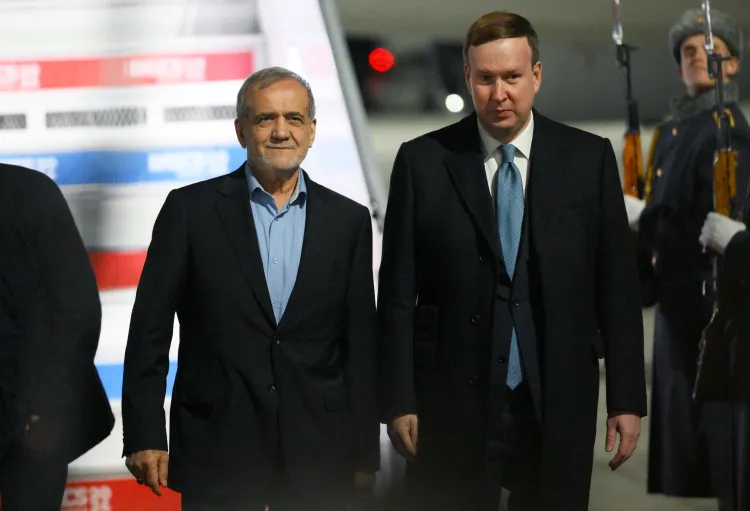
Synopsis
Key Takeaways
- US 'maximum pressure' campaign undermines negotiations.
- Pezeshkian emphasizes the importance of unity.
- Iran will not negotiate under threats.
- US history of breaking promises highlighted.
- Efforts to revive the JCPOA have stalled.
Tehran, Feb 10 (NationPress) Iranian President Masoud Pezeshkian on Monday condemned the US 'maximum pressure' strategy against Iran, stating it undermines the groundwork for meaningful negotiations, as reported by the official news agency IRNA.
Pezeshkian made these comments in Tehran during a speech commemorating the 46th anniversary of the victory of Iran's Islamic Revolution. He noted, '46 years ago today, the Iranian people expelled tyrants and oppressors from Iran. Our success lies in unity, cohesion, and the active participation of the people in the country’s affairs.'
The President rejected US President Donald Trump’s assertion that he is eager for talks with Iran, questioning, 'If you truly intended to negotiate, why did you commit these follies?'
He further dismissed US claims that Iran is a source of regional instability, arguing, 'Israel, with American backing, is the real source of insecurity, bombing innocent people in Gaza, Lebanon, Syria, Iran, and wherever it wants.'
In response to US demands for discussions regarding Tehran's nuclear program, Iran's Foreign Minister Seyed Abbas Araghchi emphasized on Monday that the nation will not engage in negotiations under pressure and threats, as reported by Xinhua news agency through IRNA.
'Today, we are faced with a President in the United States who has returned to the maximum pressure policy against Iran's people,' Araghchi stated.
'The interesting point is that while signing a document to issue an order for placing the Iranian people under the highest pressures, concurrently, the US President spoke of his readiness for negotiations as a means of deception.'
He further remarked on the US's history of breaking promises, citing the 2015 nuclear deal between Iran and world powers, formally known as the Joint Comprehensive Plan of Action (JCPOA), as a clear example.
The minister asserted that the country will not allow anyone to impose their will through threats and sanctions.
Trump initiated an executive action last week to reinstate the so-called 'maximum pressure' campaign aimed at preventing the Islamic Republic from 'obtaining nuclear weapons.'
On Thursday, the US Department of Treasury announced sanctions on over a dozen individuals and companies accused of facilitating the shipment of millions of barrels of Iranian crude oil.
Iran entered into the JCPOA with six world powers in July 2015, agreeing to limit its nuclear program in exchange for the lifting of sanctions. However, during Trump’s first term, the United States exited the agreement in May 2018 and reimposed sanctions, prompting Iran to reduce some of its nuclear commitments.
Efforts to revive the JCPOA have not yielded significant progress.

